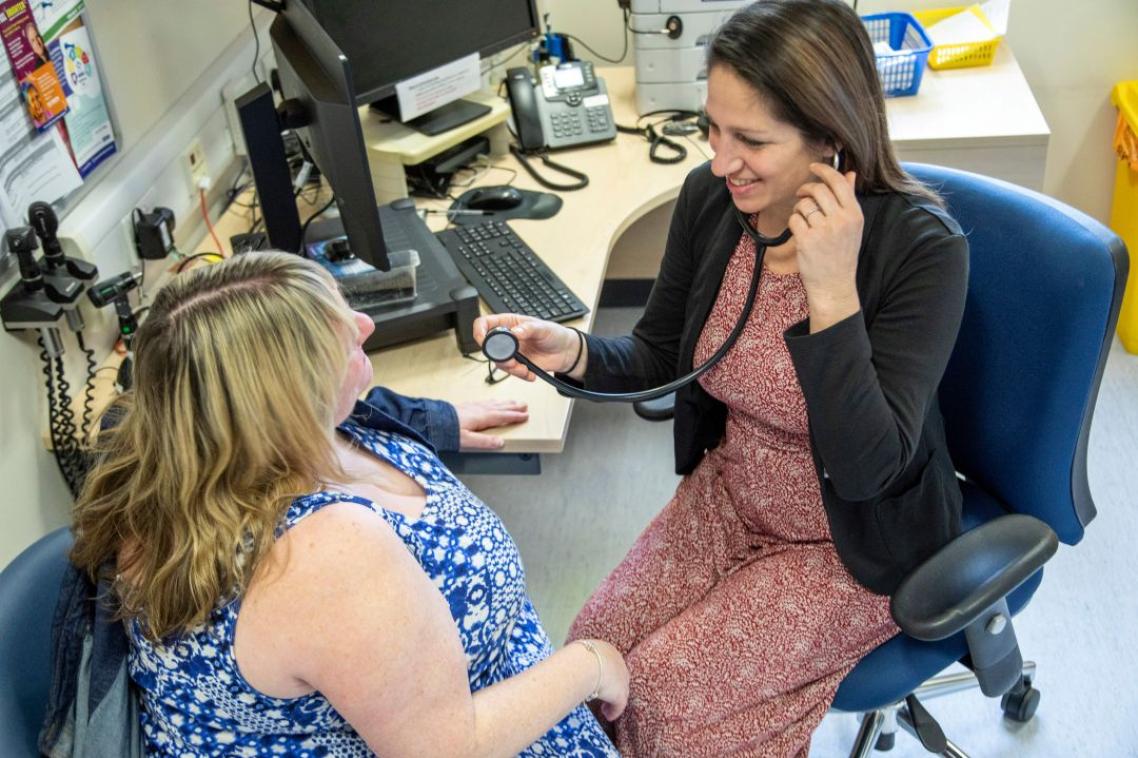Calls for increased monitoring of people prescribed psychotropic drugs

Researchers reviewed 11 categories of physical side effects from psychotropic medication.
(Photo credit: Pormezz, Adobe Stock. )
Key points
- Increased medical monitoring is needed to help manage serious side effects from psychotropic medication.
- Antipsychotics, antidepressants and mood stabilisers are essential for managing mental health disorders but side effects can include weight gain, diabetes and hypertension.
- The findings set out practical steps for healthcare providers to manage physical health.
People with mental illness need better holistic health care to manage the physical side effects of their medications, a study has found.
University of Queensland-led research, conducted with King’s College London and the University of Oxford, explored the side effects of psychotropic drugs including antidepressants and antipsychotics.
The study found increased medical monitoring was needed to help manage side effects from the medication such as weight gain, blood pressure and sleep disturbance.
Lead author, psychiatry registrar and UQ PhD candidate Dr Sean Halstead, said recovery from mental illness required a fine balance between treating a person’s mind and body.
“Health care professionals need to consider the whole person’s health when prescribing,’’ Dr Halstead said.
“This research aims to help prescribers, people living with mental illness and their loved ones have the tools to look after both mental and physical health.”
UQ’s Professor Dan Siskind said psychotropic medications need to be carefully considered.
“While antipsychotics, antidepressants and mood stabilisers are essential for managing mental health disorders, they can cause weight gain, diabetes and hypertension that significantly contribute to reduced life expectancy,” Professor Siskind said.
“As well as affecting quality of life, these side effects can also reduce medication adherence, undermining treatment benefits.’’
The study is a Lancet Psychiatry Commission which convenes independent groups of experts to provide recommendations to change health policy or improve practice.
The researchers in this Commission reviewed evidence of 11 categories of physical side effects.
They recommended patients undergo a full physical health evaluation before being prescribed medication, to get a baseline of heart rate, blood pressure, weight and liver and renal function.
Once using medication, the researchers suggested both clinician and patient monitor the onset of any new symptoms within the first month, checking weight and body mass index before a 6-12 month follow up to measure cardiometabolic parameters such as blood sugar levels and cholesterol.
Commission senior author Dr Toby Pillinger of King’s College London said psychiatric medications save lives but could also cause serious physical side effects.
“Too often, these are seen as the cost of treatment, or worse, ignored altogether,’’ Dr Pillinger said.
“This Commission is about saying that patients deserve better.
“We can and must protect both mental and physical health.
“With simple monitoring and timely interventions, we hope to reduce the burden of side effects and improve long-term outcomes.”
University of Oxford’s Associate Professor Rob McCutcheon said the findings set out practical steps for healthcare providers.
“Understanding how to manage and minimise the side effects of psychiatric medication is crucial if we want to maximise the chances of people with mental illness achieve both physical and mental health,’’ he said.
This report is also being published alongside an additional Commission report covering lifestyle and non-pharmacological physical health interventions for people living with mental illness.
The research is published in Lancet Psychiatry.
Collaboration and acknowledgements
This Lancet Commission was a collaboration of authors from UQ, King’s College London and University of Oxford.Topics
Related articles

Nature versus nurture question addressed in landmark study

A better way to assess cardiovascular health
Media contact
UQ Communications
communications@uq.edu.au
+61 429 056 139
